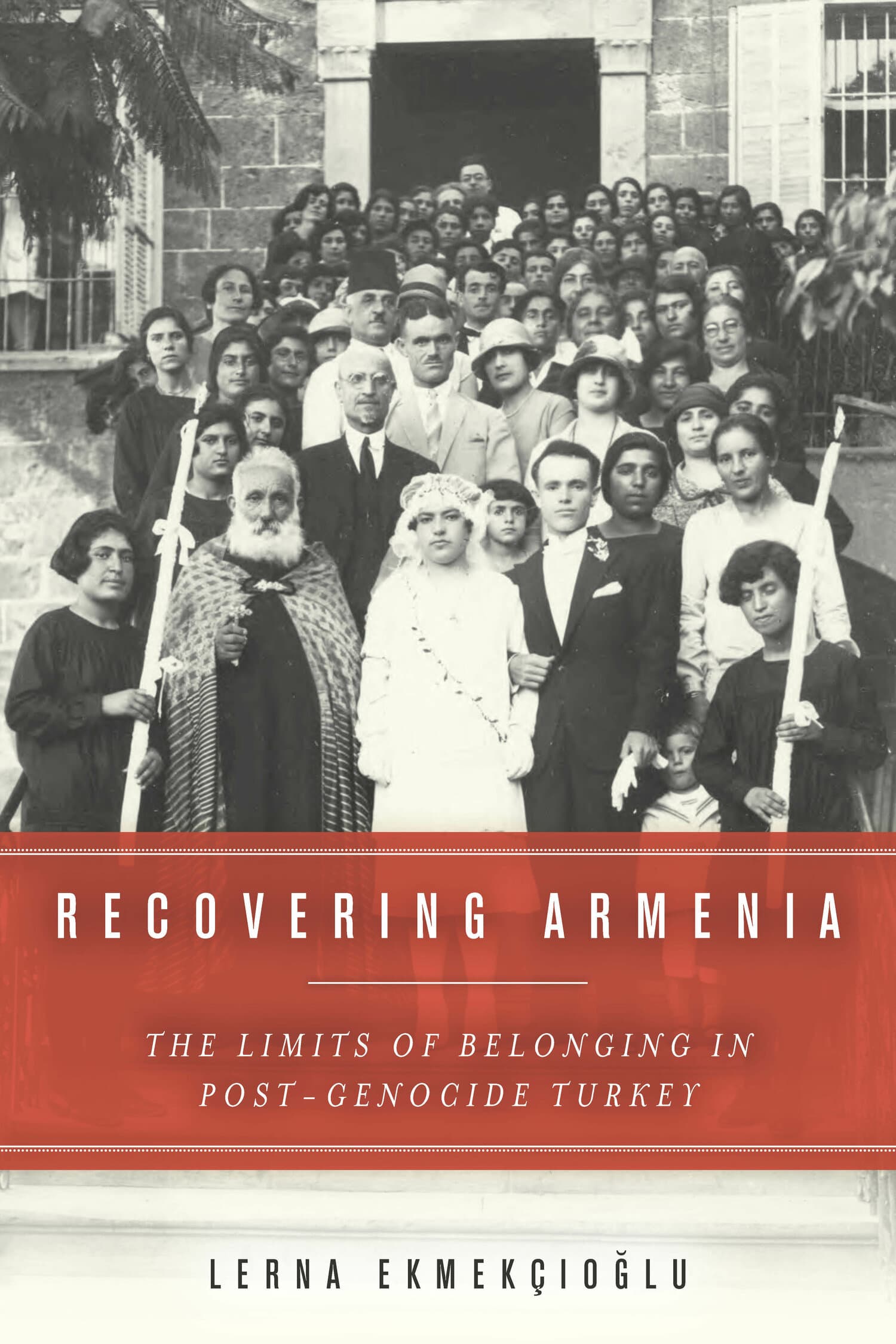The Horrors of Adana

In April 1909, two waves of massacres shook the province of Adana, located in the southern Anatolia region of modern-day Turkey, killing more than 20,000 Armenians and 2,000 Muslims. The central Ottoman government failed to prosecute the main culprits, a miscarriage of justice that would have repercussions for years to come. Despite the significance of these events and the extent of violence and destruction, the Adana Massacres are often left out of historical narratives. The Horrors of Adana offers one of the first close examinations of these events, analyzing sociopolitical and economic transformations that culminated in a cataclysm of violence.
Bedross Der Matossian provides voice and agency to all involved in the massacres—perpetrators, victims, and bystanders. Drawing on primary sources in a dozen languages, he develops an interdisciplinary approach to understand the rumors and emotions, public spheres and humanitarian interventions that together informed this complex event. Ultimately, through consideration of the Adana Massacres in micro-historical detail, this book offers an important macrocosmic understanding of ethnic violence, illuminating how and why ordinary people can become perpetrators.
"The Horrors of Adana is an outstanding analysis of a massacre never before deeply studied. Bedross Der Matossian offers a thorough inquiry into the perpetrators, victims, bystanders, and social-political context, useful to all those interested in understanding processes of mass violence."—Jacques Semelin, Sciences Po Paris, author of Purify and Destroy: The Political Uses of Massacre and Genocide
"With The Horrors of Adana, the Adana Massacres get their own story, a story that needs telling. Bedross Der Matossian's deeply researched and engagingly argued book situates Adana in a longer trajectory of 'forgotten' massacres and as part of Ottoman history more broadly."—Michelle Tusan, University of Nevada, Las Vegas, author of The British Empire and the Armenian Genocide: Humanitarianism and Imperial Politics from Gladstone to Churchill
"Der Matossian's well-written and meticulously researched book, utilizing rare documentation from fifteen different archives, employing an interdisciplinary perspective and an objective, conversational tone, offers insights into this untold history."—Eleni Sakellis The National Herald
"Der Matossian draws on an impressive array of sources in Armenian, Arabic, French, German, Greek, Hebrew, Ladino, Russian, and both Ottoman and modern Turkish to paint an all-encompassing picture of the events from the perspectives of perpetrators, victims, and bystanders."—Samuel Sweeney, The American Conservative
"Der Matossian himself is rather modest about his aims and achievements, but I do not have to be, so here goes: The Horrors of Adana is the first broad, deep, and analytical take on the Adana massacres. The introduction alone is a tour de force... The author's detailed micro level analysis of the actions and reactions of perpetrators, bystander, and victims – who fight back, outnumbered and outgunned – is dispassionate, evenhanded, and yet reads like a thriller."—Matthias Bjørnlund, International Journal of Armenian Genocide Studies
"By analyzing the structure of violence from various perspectives, Professor Der Matossian was able to bring attention to the spiral of violence that occurred in Adana while explaining the multi-faceted, complex phenomenon of massacre and violence."—Natalie Agazarian, Hye Sharzhoom
"The Horrors of Adana is a rich work on an episode which has never before been investigated so closely.... Even for readers new to the region and its history, the nuanced and multi-layered presentation of this complex time period is engaging. It also offers much to think about in echoing other places and our own era."—Nareg Seferian, Armenian Review
"Written by the pioneer historian who has worked on one of the most horrendous events that took place at the beginning of the twentieth century, The Horrors of Adana would surely be an insightful and commendable contribution to the vast literature on ethnoreligious conflict, massacres, genocide, and ethnic conflict."—Önder Uçar, New Perspectives on Turkey
"This beautifully written, carefully constructed, and convincingly argued book is based on deep reading of archival and published sources and a strong command of the existing, multilingual literature, and it is judicious in its conclusions. Der Matossian not only deploys the best tools of his own historical profession but appreciates the insights, findings, and techniques of qualitative political science and historical sociology. This is a major and original contribution to Armenian historiography, late Ottoman history, and the comparative study of ethnic violence."—Ronald Grigor Suny, American Historical Review




